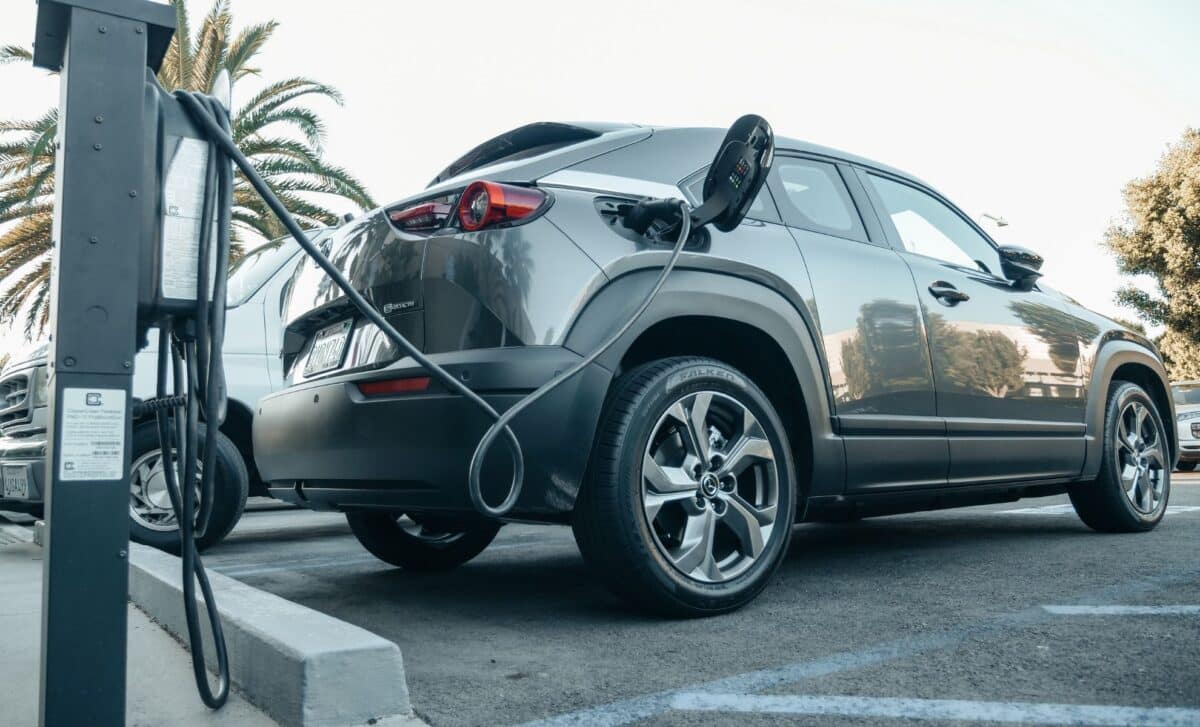Industry leaders are calling on Labour to remove regulatory barriers that are slowing the adoption of electric vans, arguing that reform could unlock 160,000 new registrations over the next two years.
The call follows a report by the Zero Emission Van Plan coalition, which found that 70% of fleet operators view existing rules as the biggest obstacle to switching to zero-emission vehicles.
Regulations that disproportionately impact heavier electric vans are causing fleet operators to struggle as the UK works to speed its transition to electric vehicles (EVs).
The government recently concluded a consultation on “Zero emission vans: regulatory flexibility,” examining potential reforms to vehicle testing, drivers’ hours, and other compliance rules. Industry experts argue that adapting these policies would provide an immediate boost to electric van adoption.
Fleet Operators Cite Regulations as Major Barrier to EV Uptake
According to the Zero Emission Van Plan, outdated regulations designed for internal combustion engine (ICE) vehicles are making it harder for businesses to invest in zero-emission alternatives.
The main concerns centre around rules for vehicle testing, tachographs, and drivers’ hours, which add costs and administrative burdens to electric van operators.
Currently, heavier electric vans—those over 4.25 tonnes—must comply with stricter testing and operational requirements than their lighter petrol and diesel counterparts.
For example, they must undergo an annual heavy vehicle test rather than a standard MOT and comply with tachograph and drivers’ working time rules.
According to industry leaders, these measures discourage businesses from transitioning to electric fleets, despite the UK’s broader decarbonisation goals.
A spokesperson for the Zero Emission Van Plan stated:
“Regulatory hurdles based on historic parameters and yesterday’s vehicle parc are not suitable for the transition to cleaner, greener vehicles.”
The coalition has been engaging with government officials throughout the consultation process, urging them to take swift action in removing unnecessary barriers.
Consultation examines potential reforms to drive EV adoption
The UK government’s recent consultation on zero-emission van regulations considered several key proposals that could ease the transition for fleet operators.
One major proposal involves shifting annual testing for electric vans from the heavy vehicle testing system to the MOT network, aligning them more closely with standard commercial vehicles.
Another significant recommendation is adjusting the first annual test requirement for new electric vans, moving it from one year to three years after registration. Industry experts argue that this change would reduce operational costs for businesses in the early years of EV adoption.
Additionally, the consultation explored removing requirements for tachograph use, drivers’ hours rules, and specific road transport working time regulations for electric vans used within Great Britain. These changes, if implemented, could significantly reduce compliance costs and encourage wider adoption of electric vans.
The coalition’s report suggests that if these regulatory changes were applied across the sector, it could lead to an estimated 160,000 additional electric van registrations by 2027.
With Labour expected to take a leading role in shaping future transport policy, industry groups are urging swift action to accelerate the UK’s transition to electric fleets.









